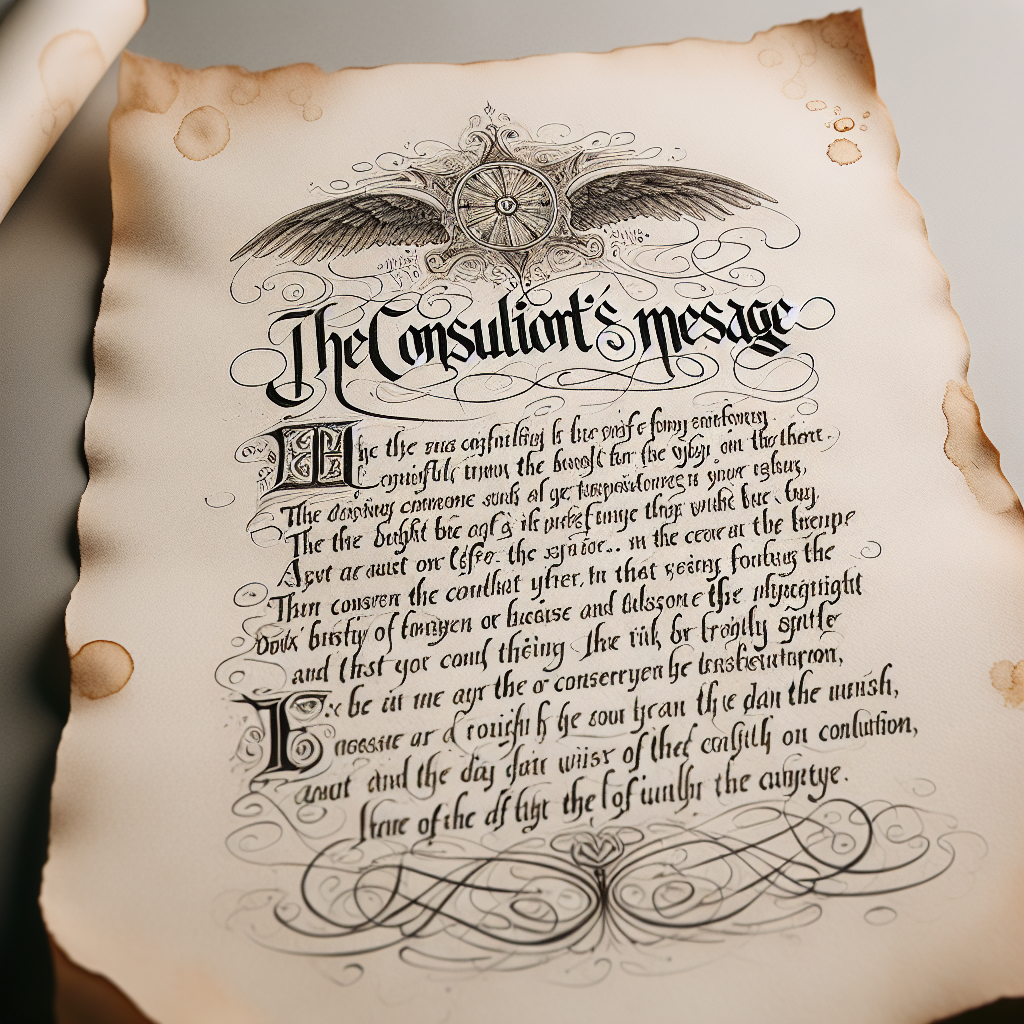
What happens to your online identity when you die
by bernt & torsten
My mom past away in 1984, way too young, she never got to see her grandchildren as they were not yet born. My mom was an avid book reader and she subscribes to a service called the monthly book club, that sent the latest bestseller to our house by post.
The story is that my family had to take the action to cancel the account with the monthly book club after my mom passing the monthly book club continue sending her a book monthly, we contacted the book club many times to remove her from the mailing list, it took us over a year for the books to stop coming.
Nowadays most people have several personal accounts with email services such as Gmail, Hotmail, messaging services such as WhatsApp and Skype, and eCommerce services such as Amazon and eBay. There are many others, including Instagram, Twitter, Tumblr, Flickr, Pinterest, Snapchat, and Dropbox. PCs and smartphones may also be protected with passwords.
What will happen to our personal accounts when we die, the photos you uploaded, the life events you shared. Some people may want to just delete, while others may have the wish of turning their accounts into a memorial page. Personally, I would prefer my social accounts to be memorial pages rather than deleting the account as it will provide a place for people to remembering me, leave messages and share memories they had with me. Maybe a bit selfish, it is my digital footprint that I leave behind showing that I have existed.
With most digital accounts the account will remain active indefinitely, if no one instructs differently, as you will not be able to deal with your accounts after your passing, you need to give the authority to your accounts to a loved one. Prepare your loved one that it could take time to deal with all of your accounts, especially as most of the service provider has different processes on how to deal with a deceased account, and that some of them do not legally allow a non-account holder to access your account and it can take time to fulfill your digital account wish.
Accordingly, to Nathan Lustig’s calculations, more than 3 million Facebook users will die this year, which is about 60,000 a week. The social networks e.g. Facebook, Twitter, Google, and others will have to deal with a large number of requests and this could potentially be a significant problem for them, and one that will grow rapidly as we all get older and eventually it is our turn to be digital memorialized.
What I have gathered is that web-based companies with millions of users, such as Facebook, Twitter, and Google, rely on computers, and sometimes on cheap labor in places like the Philippines, as described in a recent article in Wired, to deal with an issue related to your content and account.
If you want your spouse or other family members to deal with your digital stuff after you’ve gone, it’s a good idea to make a list of the login names, passwords, and associated email addresses. You could put the details in a letter, but it would be better to use an encrypted file and leave the password with someone you trust. You can leave instructions with an executor, but don’t put password details in a will. When a will goes to probate, it becomes a public record in many countries.
What are your thoughts regarding what you want to be done with your online identity after your passing?

Tech Disillusionment
For four decades, I have worked in the tech industry. I started in the 1980s when computing...

A Poem: The Consultant's Message
On a Friday, cold and gray,
The message came, sharp as steel,
Not from those we...

Using AI to Plan Wall Repair and Gutter Installation
In this article, I will share my experience using AI to plan the work required to fix a wall...